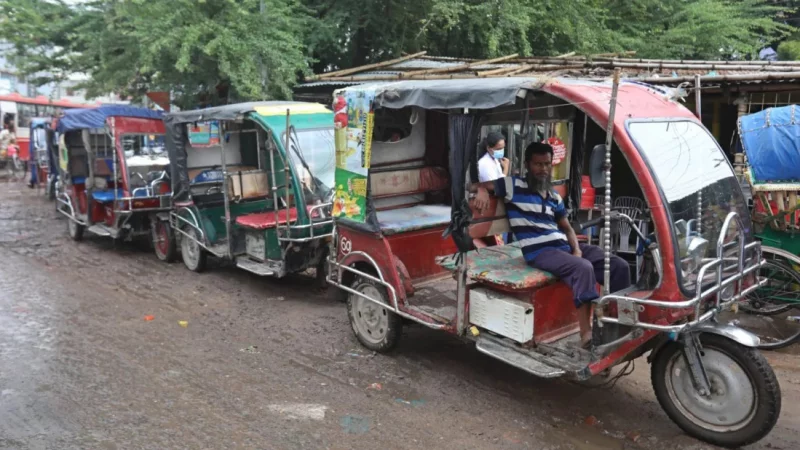A groundbreaking initiative aimed at revolutionizing Bangladesh’s rickshaw sector is gaining traction as two Harvard graduates launch a battery-swapping network for electric rickshaws. This project seeks to modernize the extensive rickshaw fleet in the country, promoting eco-friendly and sustainable transportation. With plans to set up 1,000 battery-swapping stations nationwide by next year, this effort aims to tackle environmental issues while catering to the needs of local rickshaw drivers.
The battery-swapping system is designed to alleviate the common problems of range anxiety and lengthy charging times that electric vehicles often face. By providing a fast and convenient method for rickshaw drivers to swap out depleted batteries for fully charged ones, the network is expected to make electric rickshaws a practical and appealing choice for drivers who depend on daily commuting for their income. This service is set to lower costs for drivers while significantly decreasing the carbon footprint of the transportation sector.
This initiative is in line with Bangladesh’s increasing commitment to adopting sustainable practices across various industries, including transportation. Given that the local rickshaw industry plays a crucial role in urban mobility, the introduction of electric options is viewed as a vital step toward reducing air pollution and improving energy efficiency. The Harvard graduates behind this startup have collaborated closely with local partners to tailor the technology to the specific needs of Bangladesh’s rickshaw ecosystem.
The startup has already attracted attention for its potential to make a meaningful impact on both the economy and the environment. As Bangladesh strives for a cleaner and greener future, this battery-swapping network is set to become a key element of the country’s eco-friendly transportation transformation.





